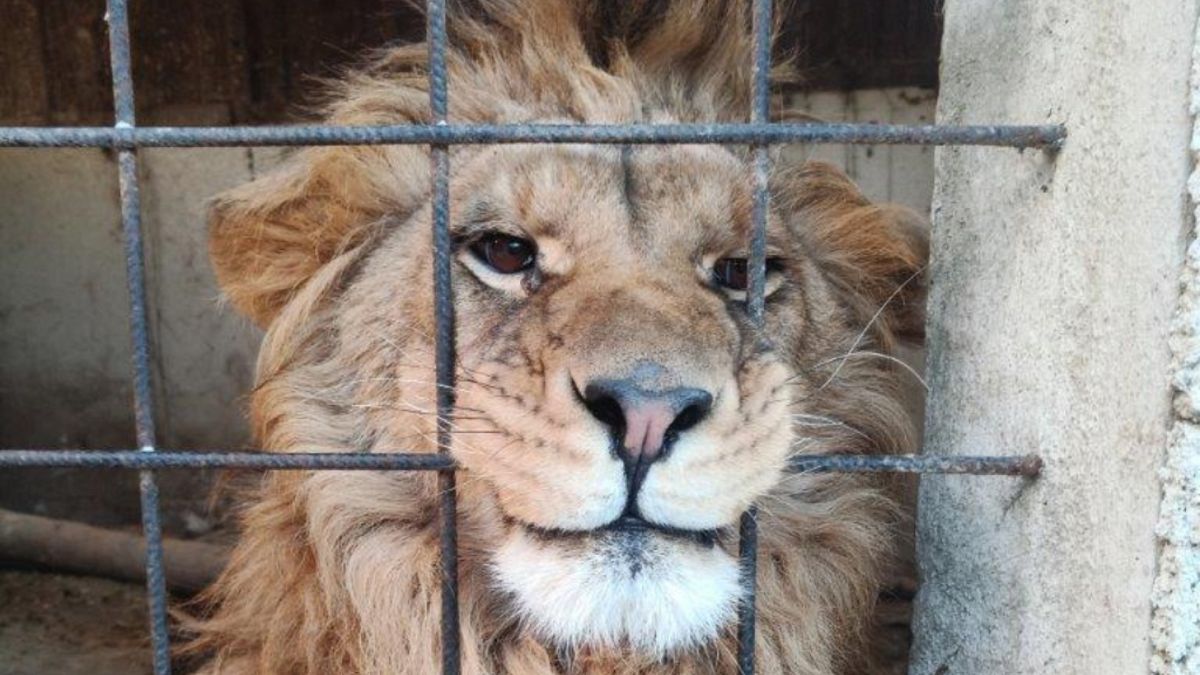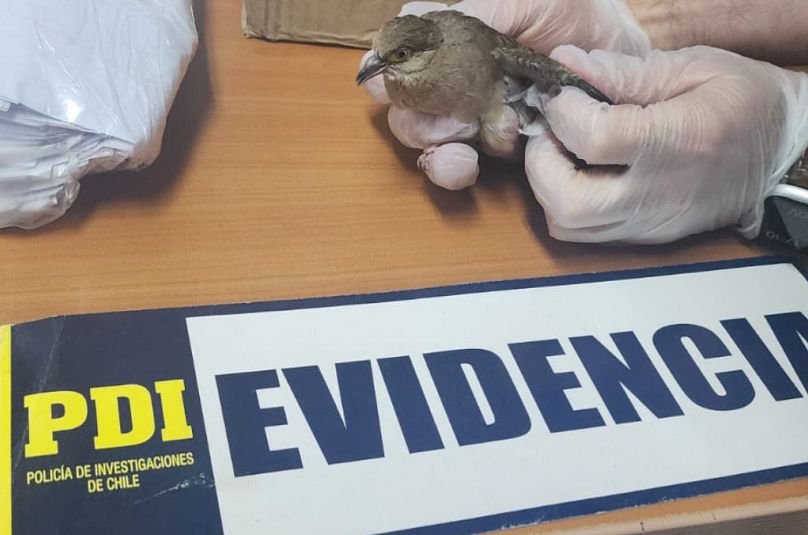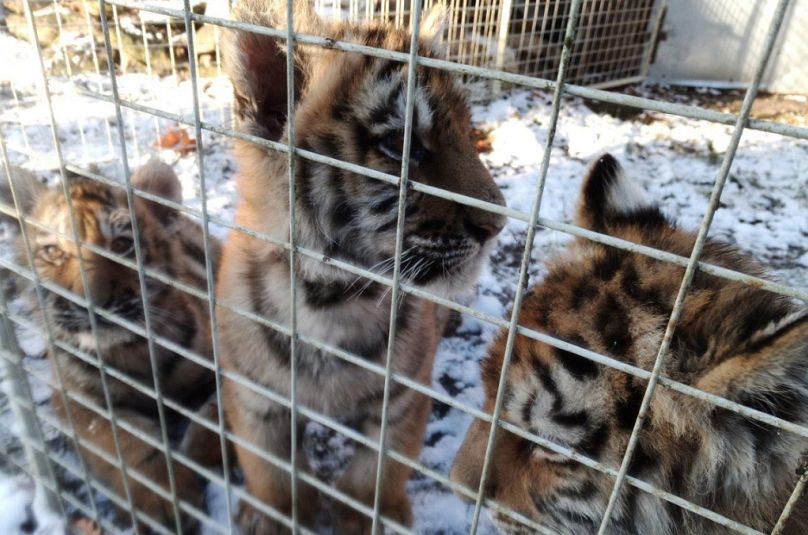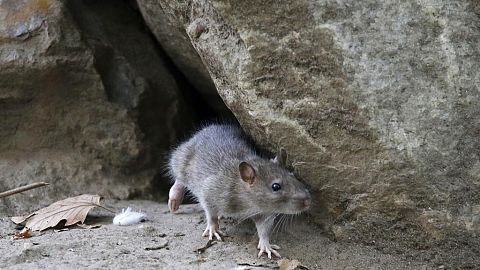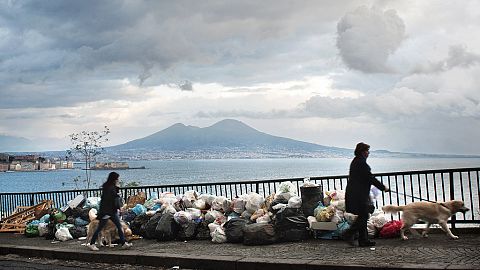The global illegal wildlife trade shows no sign of slowing down, driven by specific market demands like food, perceived medicinal benefits, as ‘luxury’ items or for the pet trade.
Nearly 20,000 live animals - all endangered or protected species - have been seized in a global operation targeting wildlife and forestry trafficking networks.
Known as Operation Thunder 2024, it brought together police, customs, border control, forestry and wildlife officials from 138 countries and regions. The operation was coordinated by Interpol and the World Customs Organization (WCO).
Six transnational criminal networks suspected of trafficking animals and plants protected by the Convention on International Trade in Endangered Species of Wild Fauna and Flora (CITES) were identified, and a total of 365 suspects were arrested.
What animals were seized by Operation Thunder?
The live animals seized included 12,427 birds, 5,877 turtles, 1,731 other reptiles, 33 primates, 18 big cats, and 12 pangolins.
Significant discoveries included 6,500 live songbirds discovered in Türkiye during a vehicle inspection at the Syrian border and 5,193 live red-eared ornamental slider turtles concealed in passenger suitcases arriving from Malaysia at Chennai International Airport, India.
Many of these species are trafficked to meet specific market demands like food, perceived medicinal benefits, as ‘luxury’ items or for the pet trade.
“Organised crime networks are profiting from the demand for rare plants and animals, exploiting nature to fuel human greed,” says Valdecy Urquiza, Interpol Secretary General.
“This has far-reaching consequences: it drives biodiversity loss, destroys communities, contributes to climate change and even fuels conflict and instability.”
Where possible, wildlife forensic experts collected DNA samples before the animals were transferred to conservation centres. This DNA is crucial for supporting the prosecution of suspects, but it also sheds new light on trafficking routes and emerging trends.
Thousands of protected animal parts and derivatives, trees, plants, marine life and arthropods were also seized alongside the live animals.
Timber represented the most significant seizures, with 241.9 tonnes found mostly in sea cargo container shipments. A majority of the other seizures took place at airports and mail processing hubs.
Social media and South American species in Europe
The global illegal wildlife trade shows no signs of slowing down - and Europe is no exception.
In the UK, for example, Interpol says there were more than 200 reported seizures of big cats, ivory, turtles and tortoises, primates, marine species, plants, timber, and birds.
Eight tigers, aged between two months and two years, discovered in a suspected illegal breeding facility in Czechia were also listed among the significant seizures from the operation.
There has been a significant increase in the number of cases involving online trade.
“Ten popular social media platforms and online marketplaces were identified selling protected species ranging from animal parts, marine products, plants, and live animals,” the Interpol press office says.
Investigations showed suspects using multiple profiles on the same platform and linked accounts across different platforms to diversify their online presence for broader audience engagement.
“Another notable trend involving Europe was trafficking of species from South America. There were multiple seizures of parts of felid species such as Ocelots (Leopardus pardalis), and Jaguar Panthera reported in European countries,” Interpol adds.
Staying one step ahead of the criminals
International cooperation is vital to combatting these transnational crime networks. Ahead of the operation, countries exchanged intelligence about ongoing cases and high-value targets.
The data collected through regular operations also helps individual countries adapt their own strategies, staying one step ahead of the criminals.
“Operation Thunder continues to shed light on a crime that is often not a priority for enforcement actors,” says Ian Saunders, WCO secretary general.
“Through our joint efforts, we have established cooperation mechanisms that facilitate the exchange of information and intelligence, and we have refined our enforcement strategies.”












